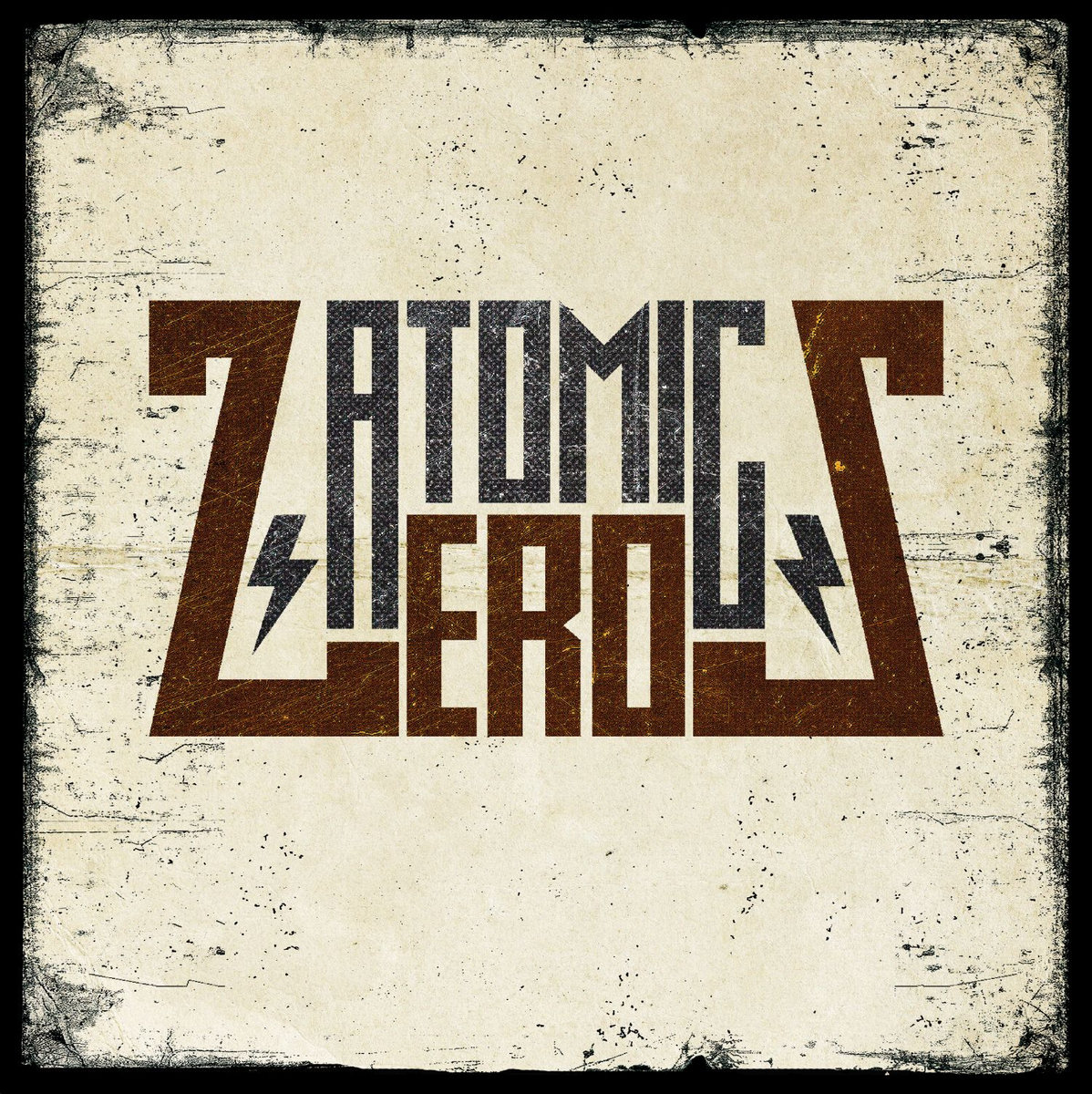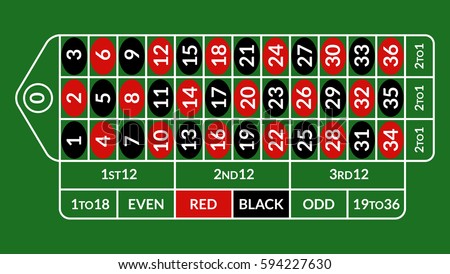Russian Roulette App
The risks of long Covid mean catching the virus is like 'playing Russian Roulette' for the young and healthy, a leading immunologist has said. While the ZOE Symptom App study estimated about.
Also found in: Thesaurus, Acronyms, Idioms, Encyclopedia, Wikipedia.
Rus·sian
- Russian Roulette: One Life. All Discussions Screenshots Artwork Broadcasts Videos News Guides Reviews 3 in Group Chat View Stats. Most popular community.
- Videochat.chat is the russian Chatroulette, which is a well-known English-speaking cam chat site. However, our cam chat roulette just as good as Chatroulette in functionality and convenience. Video chat offers a completely new standard of communication, combining chat partners by interests, regardless of race and social class.
- Louis police officer pleaded guilty Friday in the shooting death of a fellow cop during a game of Russian roulette, according to a report. Nathaniel Hendren, 30, pleaded guilty to char.
- Russian Roulette iPhone / ipod Touch app demoMore info @ www.majasalmi.com.
Russian
(ˈrʌʃən) nRus•sian
(ˈrʌʃ ən)n. 1.
| Noun | 1. | Russian - a native or inhabitant of Russia Russian Soviet Federated Socialist Republic, Soviet Russia, Russia - formerly the largest Soviet Socialist Republic in the USSR occupying eastern Europe and northern Asia aborigine, indigen, indigene, native, aboriginal - an indigenous person who was born in a particular place; 'the art of the natives of the northwest coast'; 'the Canadian government scrapped plans to tax the grants to aboriginal college students' Tatar - a member of the Turkic-speaking people living from the Volga to the Ural Mountains (the name has been attributed to many other groups) Udmurt, Votyak - a member of the Finno-Ugric-speaking people living in eastern European Russia Komi - a member of a Finnish people living in the northwestern Urals in Russia Cheremis, Cheremiss, Mari - a member of a rural Finnish people living in eastern Russia Inger, Ingerman, Ingrian - a member of western Finnish people formerly living in the Baltic province where Saint Petersburg was built Carelian, Karelian - a member of the Finnish people living in Karelia in northwestern European Russia Khanty, Ostyak - a member of the nomadic Ugrian people living in northwestern Siberia (east of the Urals) Mordva, Mordvin, Mordvinian - a member of the agricultural people living in the central Volga provinces of European Russia Nganasan - a member of the Samoyedic people living on the Taimyr Peninsula in Siberia Ostyak-Samoyed, Selkup - one of the people of mixed Ostyak and Samoyed origin in Siberia Samoyed - a Samoyedic-speaking person in northwestern Siberia Veps, Vepse, Vepsian - a member of a Finnish people of Russia Mansi, Vogul - a member of a nomadic people of the northern Urals Yeniseian - a member of one of the groups living in the Yenisei river valley in western Siberia Great Russian - a member of the chief stock of Russian people living in European Russia; used to distinguish ethnic Russians from other peoples incorporated into Russia Georgian - a native or inhabitant of Georgia in Asia Chechen - a native or inhabitant of Chechnya |
| 2. | Russian - the Slavic language that is the official language of Russia Slavic, Slavic language, Slavonic, Slavonic language - a branch of the Indo-European family of languages Russia, Soviet Union, Union of Soviet Socialist Republics, USSR - a former communist country in eastern Europe and northern Asia; established in 1922; included Russia and 14 other soviet socialist republics (Ukraine and Byelorussia and others); officially dissolved 31 December 1991 | |
| Adj. | 1. | Russian - of or pertaining to or characteristic of Russia or its people or culture or language; 'Russian dancing' |
Russian
[ˈrʌʃən]Best Free Roulette App
B.N
Russian rouletteN → ruletafrusa
Russian saladN → ensaladillaf (rusa), ensaladafrusa
Russian
[ˈrʌʃən]nto speak Russian → Russian doll n → poupéefrusseRussian Federation n
the Russian Federation → la Fédération de RussieRussian Orthodox Church n → ÉgliseforthodoxerusseRussian roulette n → roulettefrusse
Russian
n
Russian
:
Russian
[ˈrʌʃ/ən]russian
→ اللغة الروسية, روسيّ Rus, ruský, ruština russer, russiskRusse, RussischΡωσικά, ρωσικός, Ρώσοςruso venäjä, venäläinenrusse Rus, ruskirusso ロシアの, ロシア人, ロシア語 러시아 사람, 러시아어, 러시아의Rus, Russischrusser, russiskjęzyk rosyjski, Rosjanin, rosyjskirussoрусский, русский язык rysk, ryska, ryss เกี่ยวกับรัสเซีย, ชาวรัสเซีย, ภาษารัสเซียRus, Rusça người Nga, thuộc nước/người/tiếng Nga, tiếng Nga俄罗斯人, 俄罗斯的, 俄语
russer, russiskRusse, RussischΡωσικά, ρωσικός, Ρώσοςruso venäjä, venäläinenrusse Rus, ruskirusso ロシアの, ロシア人, ロシア語 러시아 사람, 러시아어, 러시아의Rus, Russischrusser, russiskjęzyk rosyjski, Rosjanin, rosyjskirussoрусский, русский язык rysk, ryska, ryss เกี่ยวกับรัสเซีย, ชาวรัสเซีย, ภาษารัสเซียRus, Rusça người Nga, thuộc nước/người/tiếng Nga, tiếng Nga俄罗斯人, 俄罗斯的, 俄语| Russian |
Want to thank TFD for its existence? Tell a friend about us, add a link to this page, or visit the webmaster's page for free fun content.
Russian Roulette Apparel
Link to this page:
Wulich […] invited us to sit around in a sign. [We] silently obeyed him […]. It seemed to me that I read the seal of death on his pale face. I noticed [...] that often on the face of a person who is supposed to die in a few hours there is some strange imprint of an inevitable fate [...].
“You will die today!” I told him.
He quickly turned to me, but answered slowly and calmly:
“Maybe, yes, maybe no…” Then, turning to the major, he asked: “Is the gun loaded?” The confused Major did not remember well.
This passage from the classic novel ‘The Hero of Our Time’ by great Russian author Mikhail Lermontov describes a bet between two officers in the Tsar’s army who just had to discover if fate was predetermined or ruled by people.
In the absence of sufficient empirical evidence, the parties turned to a gun and luck, conducting an experiment very similar to what is widely known as ‘Russian Roulette’, a mysterious deadly “game” shrouded in mystery.
Although, to this day, people keep dying as a result of this game, little is known about its origins, as well as how widespread it really is.
Officers’ fun
What’s known for sure about ‘Russian roulette’ is just how popular a reference it is for writers and producers all over the world. Countless plots have been created around this peculiar theme.
One popular theory says that not so famous American author of adventure stories Georges Arthur Surdez first coined the term ‘Russian roulette’ when he published a short story of the same title in Collier’s magazine in 1937.
The fictional story is told by a French soldier, who had a chance to witness how Russian officers — those who had little to lose after the Bolshevik Revolution in 1917 — used to play ‘Russian roulette’ just about anywhere: “At a table, in a cafe, at friends.”
Strangely, no Russian writer working before the 1917 Bolshevik Revolution mentions ‘Russian roulette’ in their fiction prose or biographies. Even the above-mentioned passage by Mikhail Lermontov describes a situation where a single-shot gun was used instead of a revolver (the question there was simply whether it was loaded or empty).
The most widespread revolver in the Russian Empire at the time of the revolution was the seven-shot ‘Nagant’ M1895 revolver. Since writer Surdez’s character describes a six-shot gun in his short story, many question the story’s relation to reality. It might well have been a fictional tale created at the whim of the author’s imagination.
'Nagant' Revolver, Model 1895.
Bratislav (CC BY-SA 3.0)Many other theories claim to reveal the real origin of the deadly game, however none of them have ever been proven with hard evidence. Some believe ‘Russian roulette’ emerged as a way for police to put pressure on captured suspects; others say prison guards used to force inmates to play ‘Russian roulette’ while they were making bets; yet others maintain that ‘Russian roulette’ emerged in the Tsarist army as a relatively “safe” trick that easily impressed onlookers.
Peculiarly, the fictional Russian officers in Surdez’s short story only removed one bullet from the revolver’s cylinder, leaving the other bullets in their chambers. Thus, they greatly reduced their chances of surviving the game. As shocking as it may sound, despite the grave risk the chances to survive ‘Russian roulette’ are relatively high if played with only one bullet.
The math behind the game
‘Russian roulette’ follows the laws of probability theory: A chance that the gun fires increases with every single blank, given there is a fixed number of empty chambers in a revolver’s cylinder and given that the cylinder is not rotated after every shot.
The classic variance of the game is played with a six-shooter, a revolver that has six chambers of which only one contains a bullet. Then, the cylinder is rotated and stopped at random. The game begins when the first player places the barrel against their head and pulls the trigger.
All other things being equal, the probability that the gun will fire starting with the very first attempt is one to six or 16.6 percent; the second — 20 percent, the third — 25 percent; the fourth — 33.3 percent; the fifth — 50%; the sixth shot is always fatal at 100 percent.
In other words, if all five shots are blank, the sixth always fires.
The player who shoots second (if only two players participate in the game) has an advantage: they will not need to shoot if the first one dies.
But if the first player survives, then the chances of survival for the second player are sharply reduced: Now the probability of surviving is 66.6%, in contrast to the 83.3% that the first player had during their first shot, unless the second player spins the revolver cylinder again.
Best Roulette App
It is always beneficial for any player to spin the cylinder before each shot, because this way they return their chances of survival to the original 83.3%.
'Dead Man's Bluff'
Alexei Balabanov/CTB/Nashe Kino, 2005As surprisingly as it sounds, a person who decides to play ‘Russian roulette’ (although we strongly discourage you from doing this!!!) and does so only once is, theoretically, a favorite to survive the game. Only statistically, as in reality, such a trick may cause very gruesome consequences.
Modern modifications
‘Russian roulette’ comes in a great many modifications all over the world. In the Russian city of Perm, for example, locals created non-lethal electronic guns to play a game similar to the classic ‘Russian roulette’.
A Facebook app called ‘Social Roulette’ was once a thing on Facebook: it randomly deleted an account of one out of six users who decided to use the app.
More gruesome instances are known, too. In Cambodia in 1999, three men died after they sat down to play a modified version of ‘Russian roulette’, stepping on an anti-tank mine instead of pulling a revolver’s trigger.
Shockingly, people keep playing the original version of ‘Russian roulette’ today, as multiple cases confirm. For example, one medical research studied 15 cases of death by ‘Russian roulette’ in 2008 alone and compared it to 75 cases of suicide committed outside of the brutal game. Surprisingly, the study found that most victims of ‘Russian roulette’ were African-Americans, whilst white Americans were more likely to be victims of other forms of suicide. A typical portrait of a ‘Russian roulette’ player (in the U.S.), according to the study, is a young unmarried black male.
Another medical study from 1987 found that those people who risked playing ‘Russian roulette’ were significantly less likely to be depressed, but more likely to have a history of drug and alcohol abuse than other victims of suicide.
It’s chilling to realize there are so many cases of ‘Russian roulette’ victims (the number of actual players might be considerably higher) to make medical research feasible.
We might never know the true origin of this deadly game, but we can assume it is most likely much more widespread than we initially thought.
Click here to find out how Russians lost their own 2nd Amendment to bear arms.
If using any of Russia Beyond's content, partly or in full, always provide an active hyperlink to the original material.
Get the week's best stories straight to your inbox